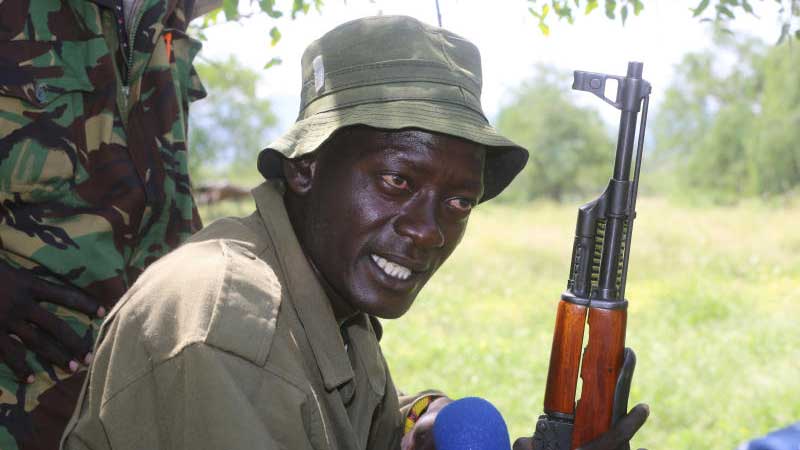×
The Standard e-Paper
Kenya’s Boldest Voice

Despite their knowledge of the harsh terrain, National Police Reservists (NPRs) often find themselves outgunned in fierce battles against heavily-armed bandits and, sometimes, terrorists.
The job, which entails protecting under-policed communities, requires them to literally put their lives on the line. The only protection they have against their hostile work environment is old rifles and open shoes made from old tyres, commonly known as ‘akala.’